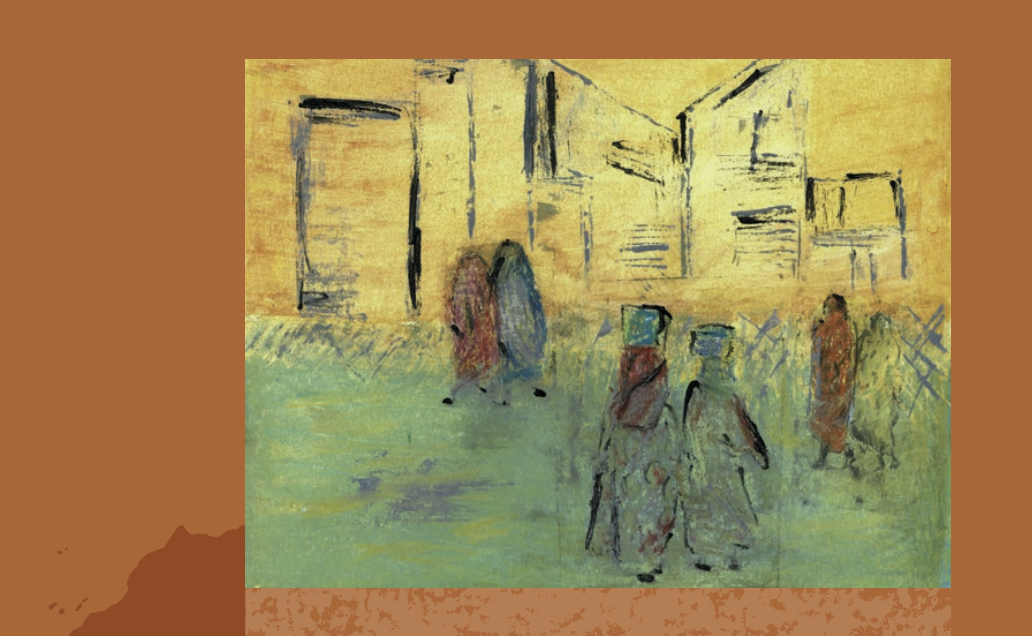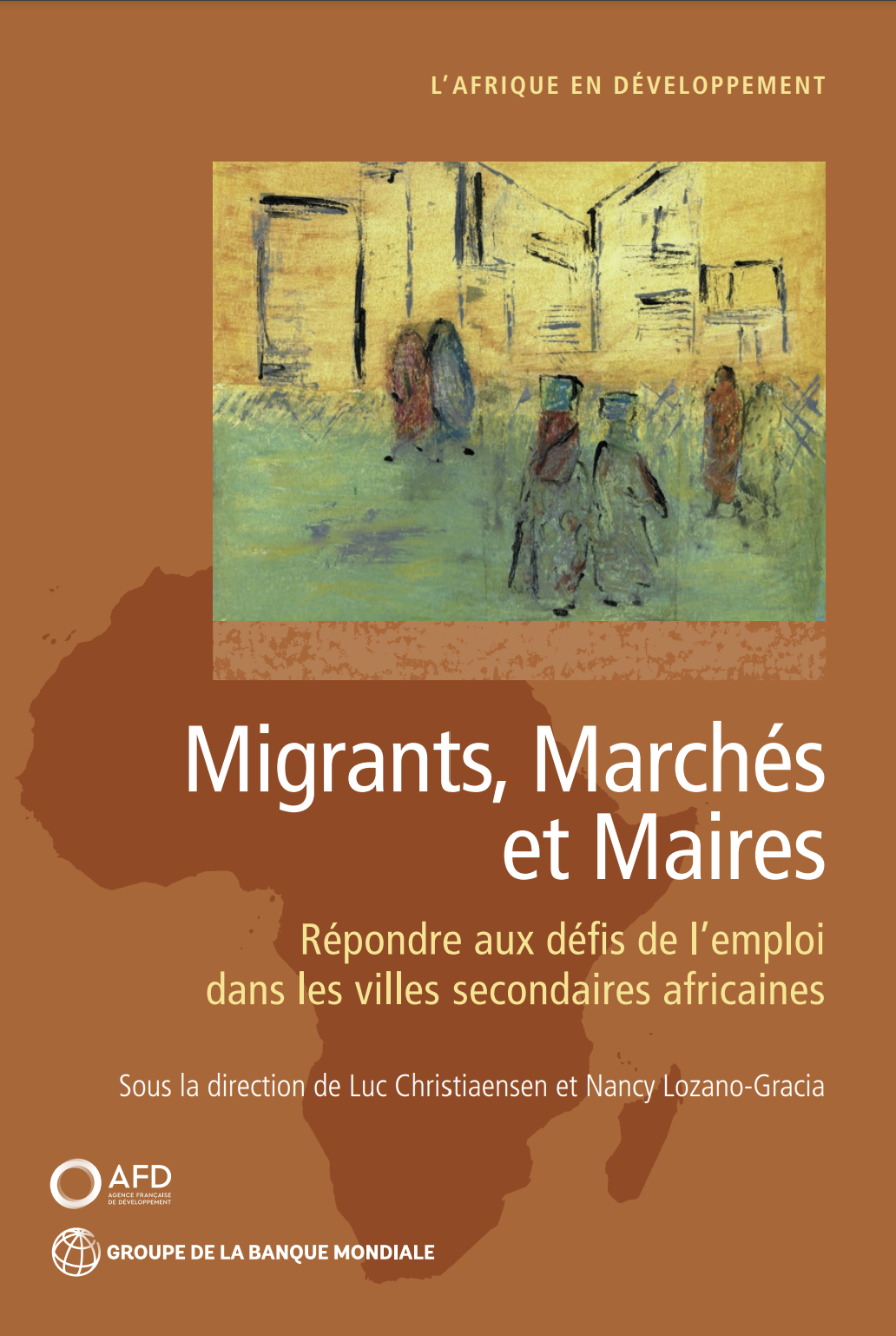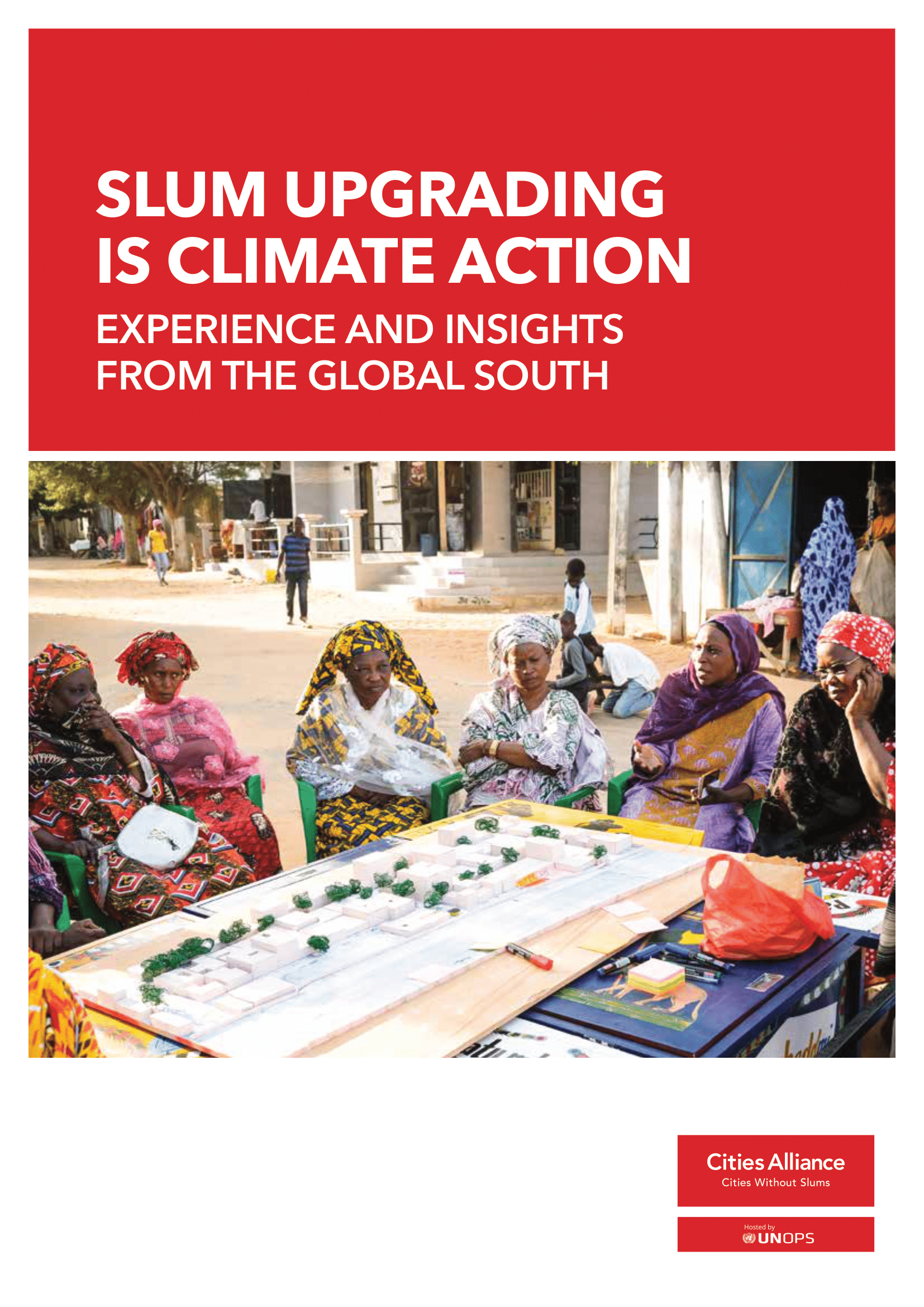- Who We Are
- How We Work
- Regional / Country Initiatives
- Legacy
- Core Themes
- Working Groups
- Portfolio & Results
- Newsroom
- Resources
Migrants, Marchés et Maires : Répondre aux Défis de l’Emploi dans les Villes Secondaires Africaines


This publication is the French version of Migrants, Markets, and Mayors: Rising Above the Employment Challenge in Africa’s Secondary Cities.
The report, from the World Bank and Cities Alliance, reviews how secondary towns and cities in Africa can better prepare for and manage the internal economic migration of workers to the mutual benefit of cities and migrants alike.
Three perspectives are taken: these of the migrant, the market, and the mayor, broadly referring to how migrants fare in the urban labour market, how they affect aggregate urban productivity, and how mayors can leverage their potential to the benefit of all.
The publication focuses on economic migration and urban labour market integration. Four secondary case cities were selected in three African countries, each representing significantly different settings: Jigjiga in Ethiopia, Jinja in Uganda, and Jendouba and Kairouan in Tunisia.
This study finds that migrants — being younger, better educated and/or complementary to the resident labour force — usually strengthen the urban labour force.
In secondary cities, labour market outcomes for migrants are at least as good as those for residents. Migrants also contribute increasingly less to urban population growth. Secondary cities thus appear well placed to leverage migration. This requires good urban management that develops land and labour markets, prepares for growth and benefits everyone, migrants as well as residents.
Migrant-specific interventions are warranted when divisions between natives and migrants are deep. Strengthening the financial, technical and planning capacity of towns to better integrate migrants is part and parcel of the good jobs agenda.
The English version of Migrants, Markets, and Mayors was produced with funding from the Swiss Agency for Development and Cooperation.


